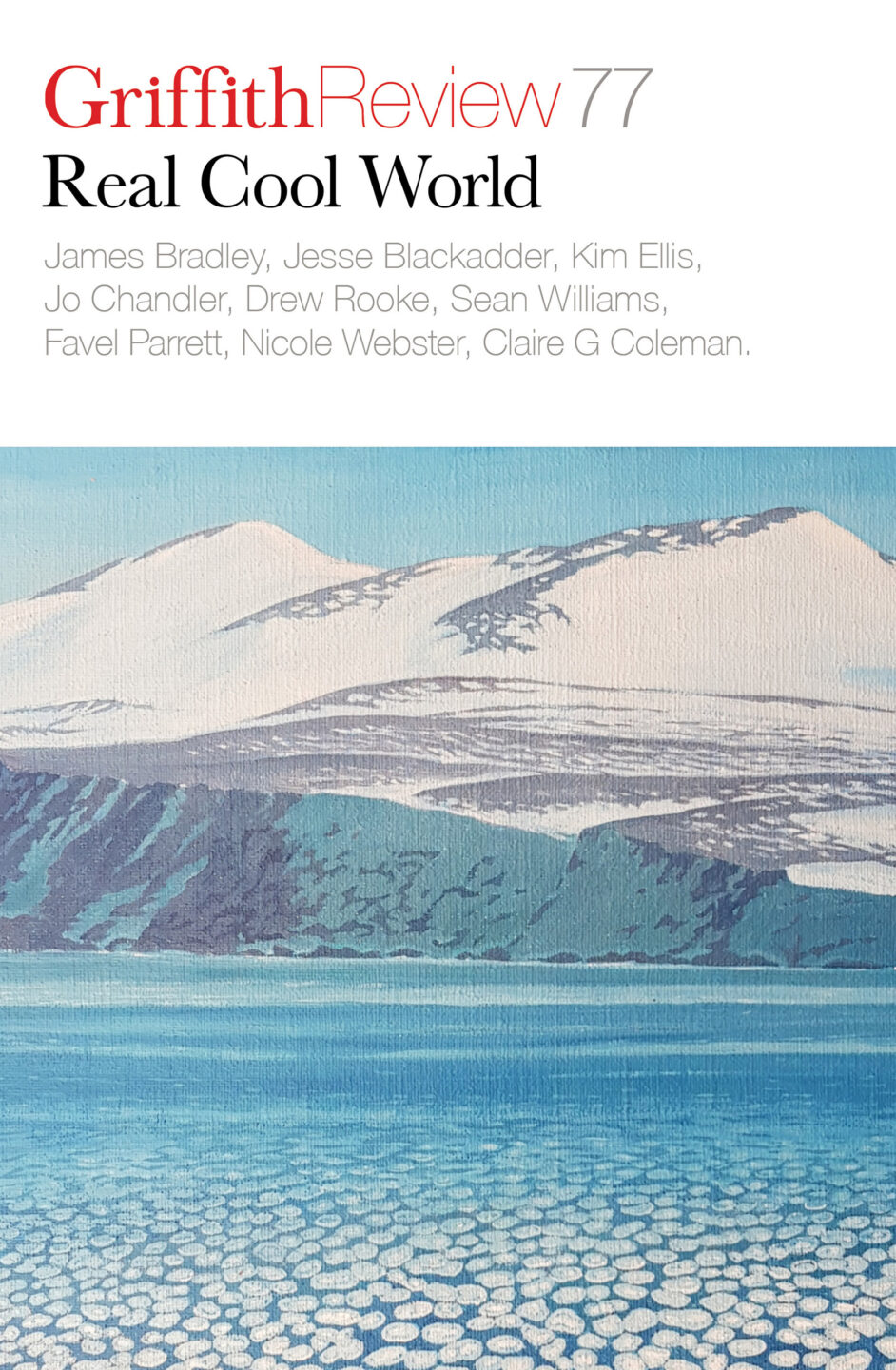Featured in

- Published 20220503
- ISBN: 978-1-922212-74-0
- Extent: 264pp
- Paperback (234 x 153mm), eBook


Already a subscriber? Sign in here
If you are an educator or student wishing to access content for study purposes please contact us at griffithreview@griffith.edu.au
Share article
More from author

Into the deep
GR OnlineAlthough few scientists take seriously the aquatic ape theory that postulates our ancestors returned to the water for a time, there is no question our bodies remember other, older ways of being that connect us to the water.
More from this edition

Understanding interconnectivity
Memoir THERE’S NO EXPERIENCE on Earth like diving under the ice in Antarctica. On life support and in an uninhabited and extreme environment, it’s as...

Snowman
Poetry the hardest part about going to antarctica is coming back after two years to a six-year-old daughter who screams when you open the door to your...

Postcards from the frontline
EssayThe Antarctic Treaty was negotiated between May 1958 and June 1959, an impressively short period of time given formidable geopolitical issues that needed to be addressed: the status of sovereign claims and Cold War competition.